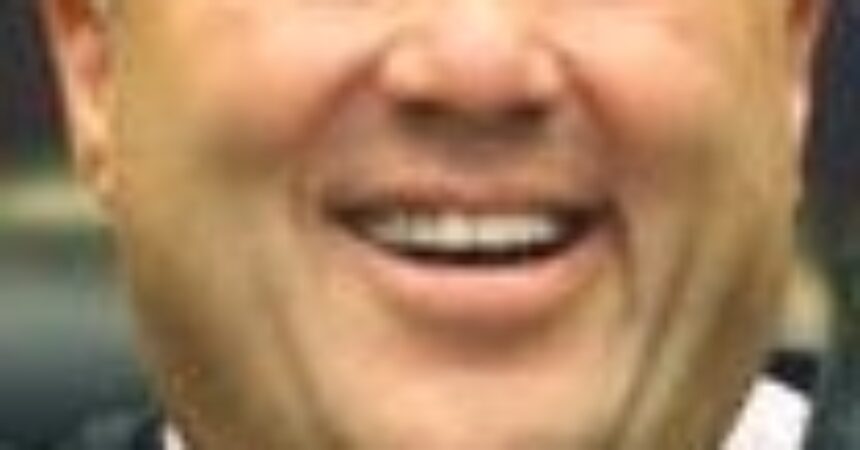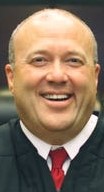
Who shot JFK? Examining the case on the 57th anniversary

Sunday, Nov. 22, 2020, was the 57th anniversary of President John F. Kennedy’s assassination. Judge Smith revisits the case in a series. Here is Part 1.
Q. Judge Smith, if Texas had tried Lee Harvey Oswald for murdering John F. Kennedy, would he have been convicted? Did Oswald conspire with others to kill the President? Ken
A. When I was a teenager, I heard my parents express doubt that a lone assassin had killed President Kennedy. It grabbed my attention and made me curious to learn more about what had happened.
I have since spent hundreds of hours reading the Warren Commission Report, other government documents, and scores of books and articles on the JFK assassination. I’ve also scrutinized the Zapruder film and related photographs.
The evidence against Lee Harvey Oswald is overwhelming, and had he been tried, I think a jury would have found him guilty of murdering President Kennedy. I also conclude that Oswald acted alone. Now, allow me to justify my conclusions.
Over a series of columns, I will marshal the evidence and explain what happened. Think of it as the closing argument that the prosecutor would have delivered had Oswald been tried. Let’s begin by focusing on his character and skill-set.
As a child, Oswald was unwanted, and his home life was unstable. His father abandoned him, and his mother surrendered him to an orphanage, though she later took him back. Oswald was a truant and a juvenile delinquent. At age 15, he fled his home state of Louisiana to avoid being committed to a youth center for troubled boys.
A psychiatrist found him aggressive, explosive, and capable of violence. Oswald had an active fantasy life and an inflated sense of skill and power. As an adult, he was a sociopath and a megalomaniac. He developed into a know-it-all who lacked the brainpower to back it up. Create Account
Oswald dropped out of high school to join the Marines and was accepted even though he scored the lowest in each military aptitude test. He qualified as a sharpshooter, which meant he could routinely hit targets the size of dinner plates from distances over 200 yards. He was tight with a dollar and saved three-quarters of his military pay.
Being a loner, he did not get along with the other marines. Court-marshaled twice, Oswald received an “undesirable discharge” from the Marine Corps. Within days, he traveled to Helsinki, Finland, obtained a student visa, and bought a preset package tour in the Soviet Union.
When Oswald visited the Soviet Union, he tried to defect, but the Russians rejected him. Disheartened, he attempted suicide. After he recovered, the Soviets allowed him to stay.
Given his character, track-record, and volatility, it’s hard to imagine anyone conspiring with him to kill the President. Next, we will examine Oswald’s life leading up to the morning of Nov. 22, 1963.
The Honorable J. Layne Smith is a Circuit Judge and author of “Civics, Law, and Justice— How We Became U.S.” Send your questions to askjudgesmith@gmail.com.







